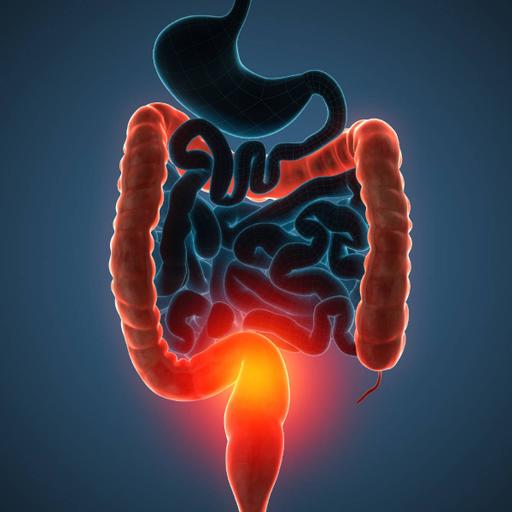Inflammatory Bowel Disease
Presentations | English
Inflammatory bowel disease (IBD) represents a group of intestinal disorders that cause prolonged inflammation of the digestive tract. Inflammation anywhere along the digestive tract interferes with the normal process. IBD can be very painful and disruptive. It includes Crohn’s disease and ulcerative colitis. Both types affect the digestive system. IBD most commonly occurs between the ages of 15 and 30. Crohn’s disease causes pain and swelling in the digestive tract. It can affect any part from the mouth to the anus. Ulcerative colitis causes swelling and sores in the large intestine. Microscopic colitis causes intestinal inflammation that is only detectable with a microscope. Genetics, Immune system response and environmental triggers are some of the causes of IBD. IBD symptoms may be mild or severe, and they may appear suddenly or come on gradually. Periods of IBD symptoms are IBD flares. When you don’t have symptoms, you’re in remission. IBD symptoms may include abdominal pain, diarrhea, gas and bloating, loss of appetite, mucus or blood in stool and upset stomach.

35.50
Lumens
PPTX (71 Slides)
Inflammatory Bowel Disease
Presentations | English
